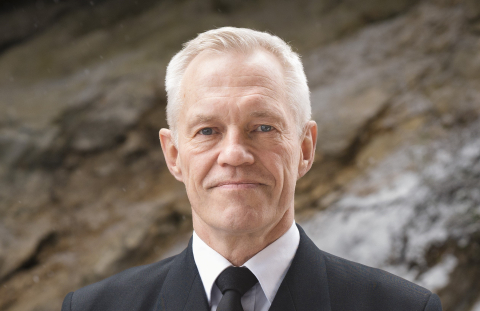
Practical information
Conférence avec Gilles Boquerat, chercheur, responsable du programme Inde et Asie du Sud, Ifri, Jacques Lesourne, président du Comité scientifique du Programme Energie, Ifri, Prem Shankar Jha, analyste politique et économique indien, Pierre Zaleski, directeur délégué, Centre de Géopolitique de l'Energie et des Matières Premières (CGEMP), Université Paris-Dauphine. Présidence : William C. Ramsay, Senior Fellow, Director, Programme Energie, Ifri.
Alors que la consommation énergétique ne cesse d'augmenter, l'Inde doit faire face à des choix difficiles pour que sa population accède à une énergie propre, fiable et à des prix abordables. Ces défis sont largement partagés dans le monde mais à des échelles bien différentes. Quelles seront les trajectoires énergétiques possibles pour l'Inde ?
La conférence est organisée à l'occasion de la parution du Tome 7 des Etudes du programme Energie de l'Ifri "Energy in India's future : insights" et du numéro 3/2009 de Politique Etrangère dont le dossier est consacré à "L'Inde après les législatives de 2009".
Pour toute information, merci de contacter : [email protected]
Speakers
Other events

New geopolitical realities of the Arctic
Donald Trump’s announcement in January 2025 of his intention to seize Greenland has brought the Arctic back to the forefront of great power rivalries.

Doing politics in African cities: actors, causes and forms of urban social mobilization
From Maputo to Nairobi and from Lagos to Dakar: recently, African cities have been the theatre of mobilizations by groups of young protesters.






